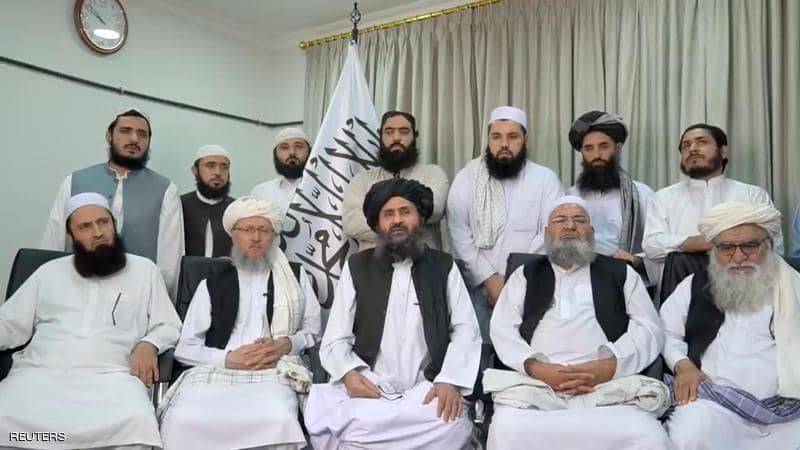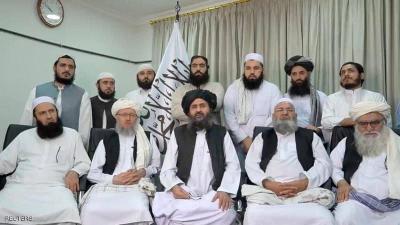American media reports have revealed outlines of the government that the Taliban is working on forming in Afghanistan, indicating that the movement aims to build a political system similar to the Iranian system. Following its control over the vast majority of Afghanistan, it seems that the Taliban has launched an internal political process to form a government, with the primary goal of gaining international recognition.
The Washington Post noted that recent days have witnessed political consultations to form a "religious government" in Afghanistan, headed by Hibatullah Akhundzada, the leader of the movement, who is expected to become the "Supreme Leader of Afghanistan," similar to the Iranian political structure. Additionally, the newspaper expects that other senior leaders within the Taliban, such as Mullah Abdul Ghani Baradar, one of the founders of the movement, Sirajuddin Haqqani, its deputy leader, and Mullah Muhammad Yaqoub, son of the late Taliban leader Mullah Muhammad Omar, will hold significant positions in the anticipated government.
However, Taliban officials have thus far kept the form of the new government secret, and it remains unclear whether former President Hamid Karzai or prominent politician Abdullah Abdullah, who led the national reconciliation process, will receive any official positions. The extremist movement has promised a comprehensive government composed of members with diverse backgrounds and ethnicities, which will also represent women.
Taliban spokesperson Zabiullah Mujahid stated that "some decisions have been made" regarding the political process in Afghanistan, and necessary consultations have taken place regarding the formation of the new government. Another spokesperson, Bilal Karimi, clarified that the political consultations "did not include leaders from outside the Taliban," and added, "There has been no discussion about including or excluding any opposition figure in the new government," which "will be announced in the coming days," according to the same source.
Taliban leader Ahmadullah Muttaqi mentioned that the Ministry of Information is preparing for the announcement ceremony of the government at the presidential palace in the capital, Kabul, but he refused to disclose any names regarding the officials of the new government. Regardless of its formation process, any new government will immediately face a series of difficult challenges in a country with a population of 40 million people that has been mired in conflict for two decades. Most Afghans live in extreme poverty, whether they fled their homes or remained in them, while the United Nations warns of a severe food shortage that could lead to a devastating humanitarian crisis.




